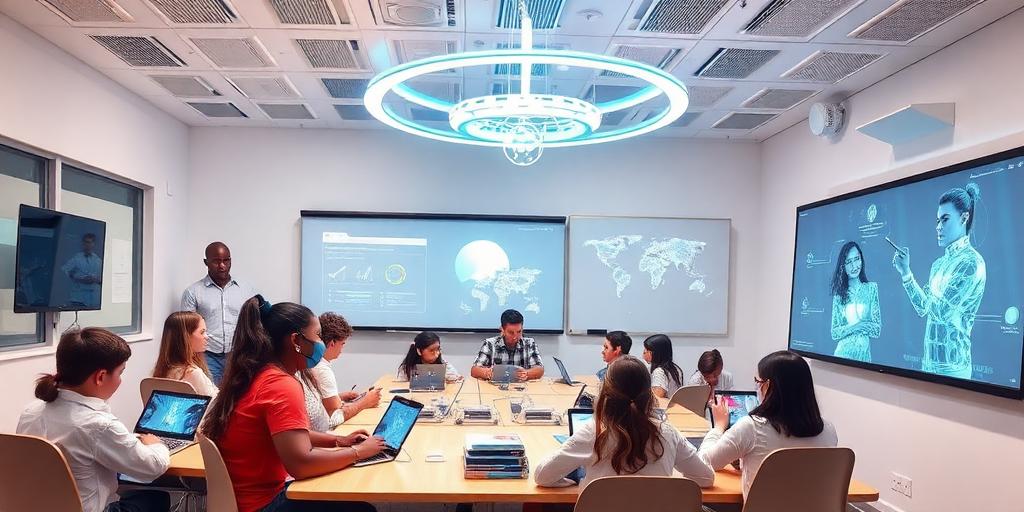Education technology is rapidly evolving, and the future holds immense potential for transforming how we learn and teach. In my opinion, the key lies in personalization, accessibility, and integration. Imagine a world where every student has a learning path tailored to their unique needs and pace, supported by AI-driven tools that adapt in real-time.
Accessibility is another crucial factor. EdTech should bridge the gap for underserved communities, providing equal opportunities regardless of geographic location or socioeconomic status. Think affordable online courses, virtual reality field trips to anywhere in the world, and language learning apps that break down communication barriers.
Integration is the glue that holds it all together. EdTech shouldn't be a separate entity but seamlessly woven into the curriculum. Interactive simulations, collaborative platforms, and gamified learning experiences can make education more engaging and effective. However, we must also address the challenges: ensuring data privacy, combating digital distractions, and providing adequate training for educators to leverage these technologies effectively. The future of EdTech is bright if we prioritize thoughtful implementation and equitable access.









